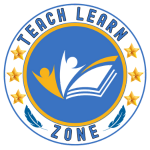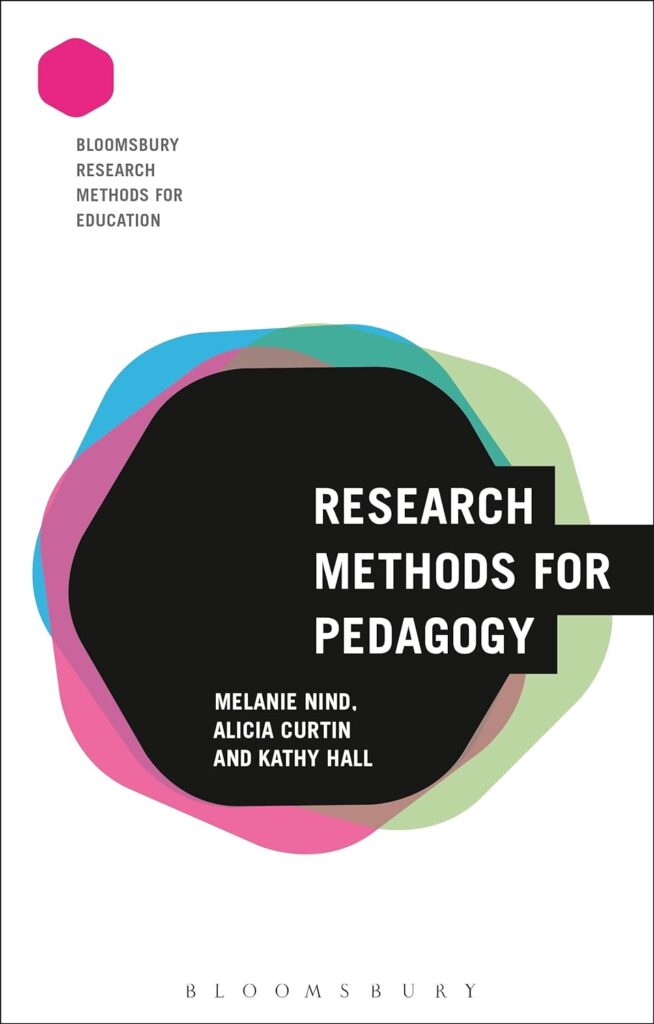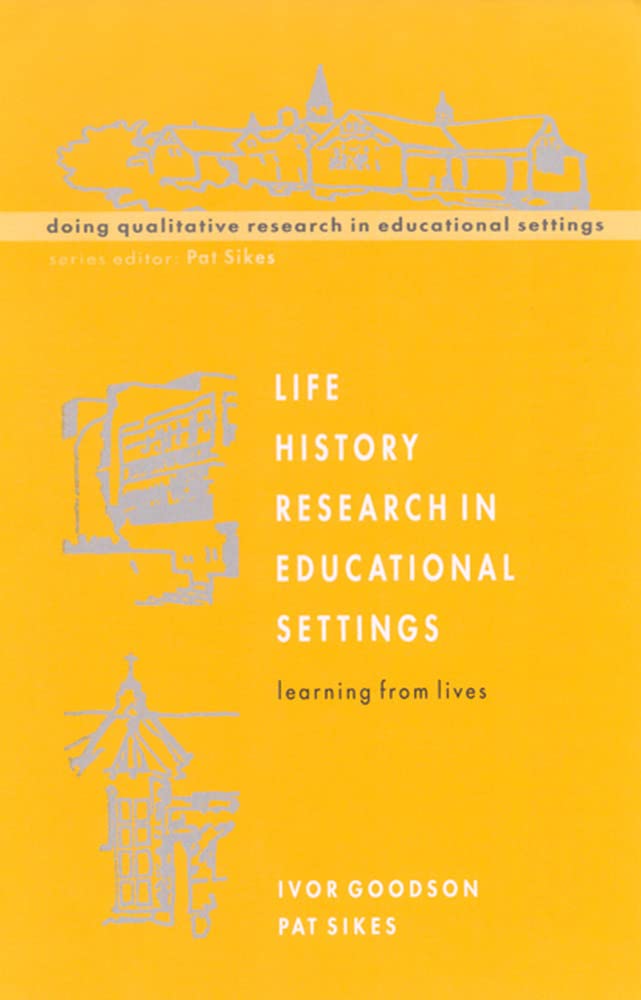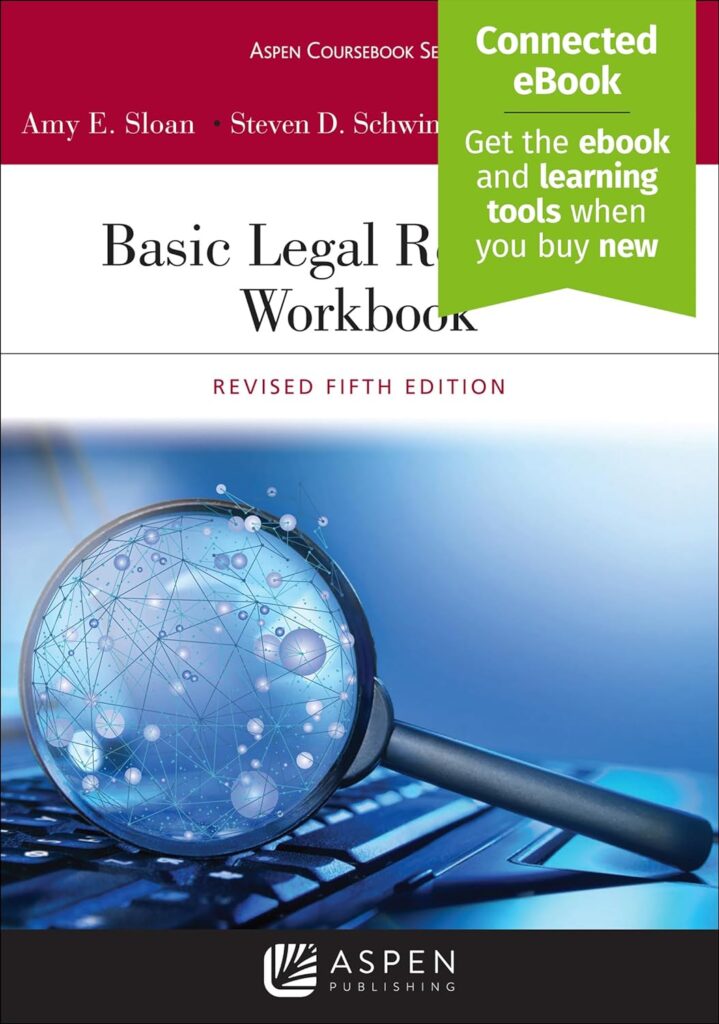Introduction
Exploring the Academic Landscape: Research on Working Students
Student employment has long been a topic of concern for educators in American postsecondary institutions. The rise in the number of college students who work while attending school has raised questions about the impact of work on their college experience. While previous research has focused on the effects of work on persistence and degree attainment, this study aims to delve deeper into how work affects students’ academic and social experiences on campus.
The Impact of Work on Academic Achievement
One aspect of student employment that has been widely studied is its impact on academic achievement. The research in this area has yielded mixed results. Some studies suggest that moderate amounts of nonacademic work can be beneficial to academic achievement, while heavy workloads or no work at all can have negative effects. However, other studies have found no significant relationship between work and grades.
A study conducted by Fjortoft (1995) found that employment while in college did not significantly affect students’ levels of academic achievement. Similarly, a study of first-year pharmacy students by Hood, Craig, and Ferguson (1992) found no difference in academic achievement between working and non-working students. However, a study by Furr and Elling (2000) demonstrated the adverse effect of employment on the academic progress of students who worked 30 hours or more per week.
The Influence of Work on Social Development
In addition to its impact on academic achievement, student employment can also influence social development. Some researchers have suggested that work provides structure and discipline to students’ lives, leading to improved study habits and time management skills. On the other hand, off-campus employment can physically remove students from campus, potentially negatively impacting their social integration.
A study by Curtis and Nimmer (1991) found that work provides discipline and structure to the college life of newly independent freshmen. They reported that jobs can foster student involvement with faculty and peers, enhancing their integration into college life. However, off-campus employment may limit students’ opportunities for social interaction on campus.
Best Books Of Research Methods At Amazone
Perceptions and Experiences of Working Students
The perceptions and experiences of working students play a crucial role in understanding the impact of work on their college life. Many students view work as a means of financial support, enabling them to maintain a good social life on campus. They also consider work opportunities as a way to gain valuable skills and experience, making them more competitive in the job market.
Participants in focus group discussions highlighted the importance of finding meaningful work and deriving meaning from their work experiences. They expressed the desire for more work-study allocations and longer working hours to make their work more meaningful and complete. Students also reported that working enhanced their self-confidence, provided opportunities for on-the-job learning, and helped shape their academic interests and career choices.
The Balance Between Work and Study
Balancing work and study can be challenging for working students. They often face the choice between spending time working or studying. While some students reported reducing work hours or stopping work altogether during periods of academic pressure, others felt that work had a negative impact on their academic performance due to limited study time.
Despite the challenges, working students highlighted the benefits of having structure in their daily schedules. They reported enhanced time management skills and a more focused approach to their academic and social lives. Work also provided them with financial independence and the ability to participate in cost-based activities, contributing to a sense of social fulfillment.

FAQS
What is a working student in research?
A working student in research refers to an individual who is simultaneously pursuing their education while actively employed. This dual commitment involves balancing academic responsibilities with work-related duties.
What are the factors affecting the academic performance of working students?
Several factors can impact the academic performance of working students. Common influences include time management challenges, increased stress levels due to the dual role, financial pressures, and limited time for rest and recreation. Additionally, the nature of the job and its demands can also affect a student’s ability to focus on their studies.
Are research work relevant and beneficial to you as students?
Research work is indeed relevant and beneficial to students. Engaging in research cultivates critical thinking skills, enhances problem-solving abilities, and promotes a deeper understanding of academic subjects. It encourages students to explore their interests, contributes to personal and intellectual growth, and often opens doors to new opportunities. Overall, research is a valuable aspect of the learning process that goes beyond traditional classroom activities.
Conclusion
Research on working students has shed light on the impact of work on their college experience. While academic outcomes may be influenced by work, students’ perceptions and experiences play a significant role in shaping their college life. Finding meaningful work, gaining valuable skills and experience, and maintaining a balanced approach to work and study are essential elements of the college experience for working students.
Understanding the complexities of student employment can help educators and administrators better support and guide working students. By providing opportunities for meaningful work, integrating work experiences into the academic curriculum, and promoting a healthy work-life balance, colleges and universities can create a supportive environment for working students to thrive academically and socially.



